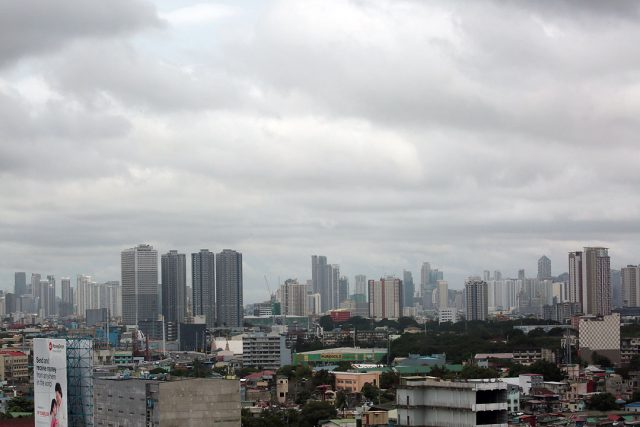
THE INTERNATIONAL Finance Corp. (IFC), a member of the World Bank Group, is ramping up investments in East Asia and the Pacific economies to as much as $5 billion to help the region rebound from the pandemic and combat climate change, a top official said.
“For the next year, we’re targeting long-term investments of $4-5 billion across East Asia and the Pacific [for a] green, resilient and inclusive growth,” IFC’s newly appointed Regional Director for East Asia and the Pacific Kim-See Lim told BusinessWorld in an interview on Aug. 20.
If realized, this meant the World Bank’s private sector arm will exceed its record-high commitments of $3.8 billion in the previous fiscal year (July 1, 2020 to June 30, 2021).
“Many of the countries around the region and globally, the governments are facing fiscal deficits and therefore have not a lot of headroom to help the region and the private sector recover, so it’s key part of our mandate to use private sector solutions to help the region go back stronger,” Ms. Lim said.
Addressing climate change and marine plastic pollution are also top priorities for the IFC in the region, which is highly vulnerable to natural hazards, she said.
Ms. Lim said they are targeting to expand the institution’s climate financing to 35% of its total long-term investment portfolio by 2025, and align 85% of new direct investments with the Paris agreement by July 2023.
The agreement aims to limit the global temperature rise to 1.5 degrees Celsius, which experts say would require the world to achieve net zero emissions by 2050.
Currently, 26% of all the IFC-supported projects are focused on mitigating the impact of climate change and addressing the marine plastic crisis.
By July 2025, Ms. Lim said all of the IFC’s new direct investments should be aligned with the Paris Agreement.
The IFC also aims to sustain and even grow its investments in the Philippines, after investing $399 million across four local companies in the past fiscal year, IFC Country Manager for the Philippines Jean-Marc Arbogast said in the same interview.
Further, Ms. Lim said the IFC is planning to finance more climate-related projects in the Philippines since it is one of the world’s most disaster-prone nations and most exposed to the impact of climate change.
“We are definitely looking for opportunities to do more things in the Philippines in climate finance. But we cannot give a definitive answer [on target investments], because it depends on the client and the opportunities that come our way,” she said.
Mr. Arbogast said the IFC has a number of projects in the pipeline that it is considering to finance across strategic priority areas on climate change, financial inclusion, infrastructure and human capital development.
He noted infrastructure is among the most underinvested sectors in the country as the existing financing is not enough to close the infrastructure gap.
The country could open up the infrastructure market and attract more investments in the sector to bring in not only additional capital, but also technical know-how, he said.
Internet connectivity and affordable healthcare are also among the sectors that are lacking in investments in the Philippines, according to Mr. Arbogast, who noted both are crucial during the ongoing pandemic.
Ms. Lim, the IFC regional director, said much of the economic and development gains the region achieved in the past 10-20 years were reversed during the pandemic.
“Governments have less and less fiscal space to provide more support for businesses, because of these very stretched resources. So all in all, I think there is much need for a bigger role for the private sector to play and this is where IFC will step up, to help the private sector in this recovery in the next few years,” she added.
Despite the impact of the pandemic, Ms. Lim said the IFC continued to balance its portfolio and businesses to sustain its financing to clients while managing the risks on its own balance sheet.
“Because we’re a global institution, we have the largest source of multilateral financing. That in itself provides some level of diversification, to the size of the portfolio and the geographies and the sectors that we have on our books,” she said.
In March 2020, the IFC launched an $8-billion fast-disbursing financing facility that pandemic-hit clients could access. It also has a $4-billion global health platform that aims to boost healthcare supplies in developing countries. — Beatrice M. Laforga
IFC eyes record investment in East Asia
Source: Bantay Radio
0 Comments